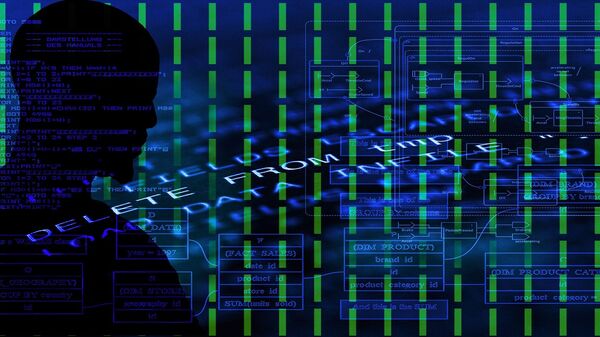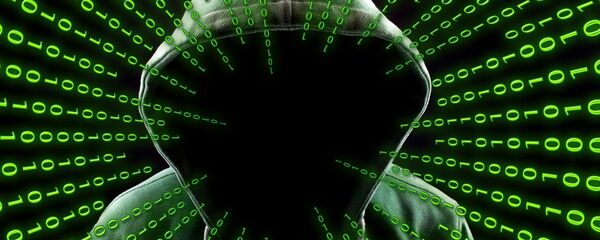Is the threat of a cyber Cuban Missile Crisis a possibility?
Sputnik has spoken to Vladimir Orlov, Head of the Centre for Global Problems from the Diplomatic Academy of the Russian Ministry of Foreign Affairs, founder of the PIR-Centre, member of the Scientific Advisory Committee of the UN Secretary-General for Disarmament, and author of an article on the threat of a "new Cuban Missile Crisis" in cyberspace.
"I think that there is a high chance of a cyber crisis between world's cyberpowers. Of course, it's possible to avoid it. If the states of the world take up the task of reducing tensions, they can come up with certain diplomatic tools that would help them do that", Orlov told Sputnik.
When speaking of cyber-powers, the expert primarily means Russia and the USA, but China should also be regarded as a possible participant of cyberwars.
"This is a crucial difference from the classic nuclear missile crisis, when there were two nuclear superpowers, the USSR and the US, and there was no third party; and here there may even be a fourth and a fifth; because there is a large number of both state and non-state actors in cyberspace", Orlov explained.
READ MORE: ‘Andres Manuelovich': The Resistance Links Mexico's New President to Russian Op
The expert believes that there is a range of obstacles that won't let us implement a cyber-proliferation regime similar to the NPT. Yet it is necessary to strive towards international treaty mechanisms, such as a trust or certain rules of conduct in cyberspace.
According to Vladimir Orlov, there are two possible scenarios.
"If total trust in the area starts to dissolve, the Americans will realise that they have to sit down and negotiate. And if a constructive conversation starts with no accusations, reproaches, and suspicion, at least between Russia and the US, then there will be a chance that these two states will pave the way for a multilateral mechanism".
The expert points out that when Soviet missiles were deployed to Cuba, few knew about it. The man in the street didn't think about that until September 1962, when the Americans made it public. Today, the average person is a regular user of the internet and social networks and what might affect him or her are viruses or cyber theft, which has nothing to do with possible cyberwars between nations.
"However, when the internet is blocked, when large sections of the internet are taken over, and certain social networks are blocked, an ordinary user will realise that. This would make the average person realise they've been involved in a war; but even this would be the softest scenario", Orlov said.
In his opinion, being very involved in cyberspace, the US should be interested in "talking, solving, and prevention".
"But today it seems that any agreement is alien to the ideology of the Republican administration; they are convinced of their dominance in cyberspace. They're convinced of their ability to dictate terms and conditions and continue carrying out covert operations, of which Snowden told us. But today, everything has advanced a lot. So they think: ‘Why would we do that? It'll be much better if we don't have our hands tied so that we can act as we want'".
READ MORE: Cyber Experts Weigh France's Chances to Escape US, China High-Tech Dominance
At the same time, Orlov admits that there are people among the US establishment who are more prone to support international accords; but they are mostly Democrats.
"However, it is the Democrats who now feel offended by Russia, which supposedly intervened in the US elections. The allegations are unfounded and are unconfirmed, but the resentment still lingers. Therefore, those who generally support multilateral treaties are now strongly opposed to any agreement with Russia".
Orlov believes that cyber weapons can lead to very serious consequences. At the same time, he also says it's impossible to compare them to nuclear weapons due to the level of destruction they can cause.
"It would be a total war, but it will not necessarily lead to a regional or global catastrophe with a number of victims comparable to the use of weapons of mass destruction", he told Sputnik.
"This uncertainty leads to an increase in tensions and, sometimes, a desire to respond in an inappropriate way. US doctrinal documents have already recorded the possibility of a nuclear response to the use of cyber weapons", Orlov concluded.
The views expressed in this article are solely those of Vladimir Orlov and do not necessarily reflect the official position of Sputnik.






